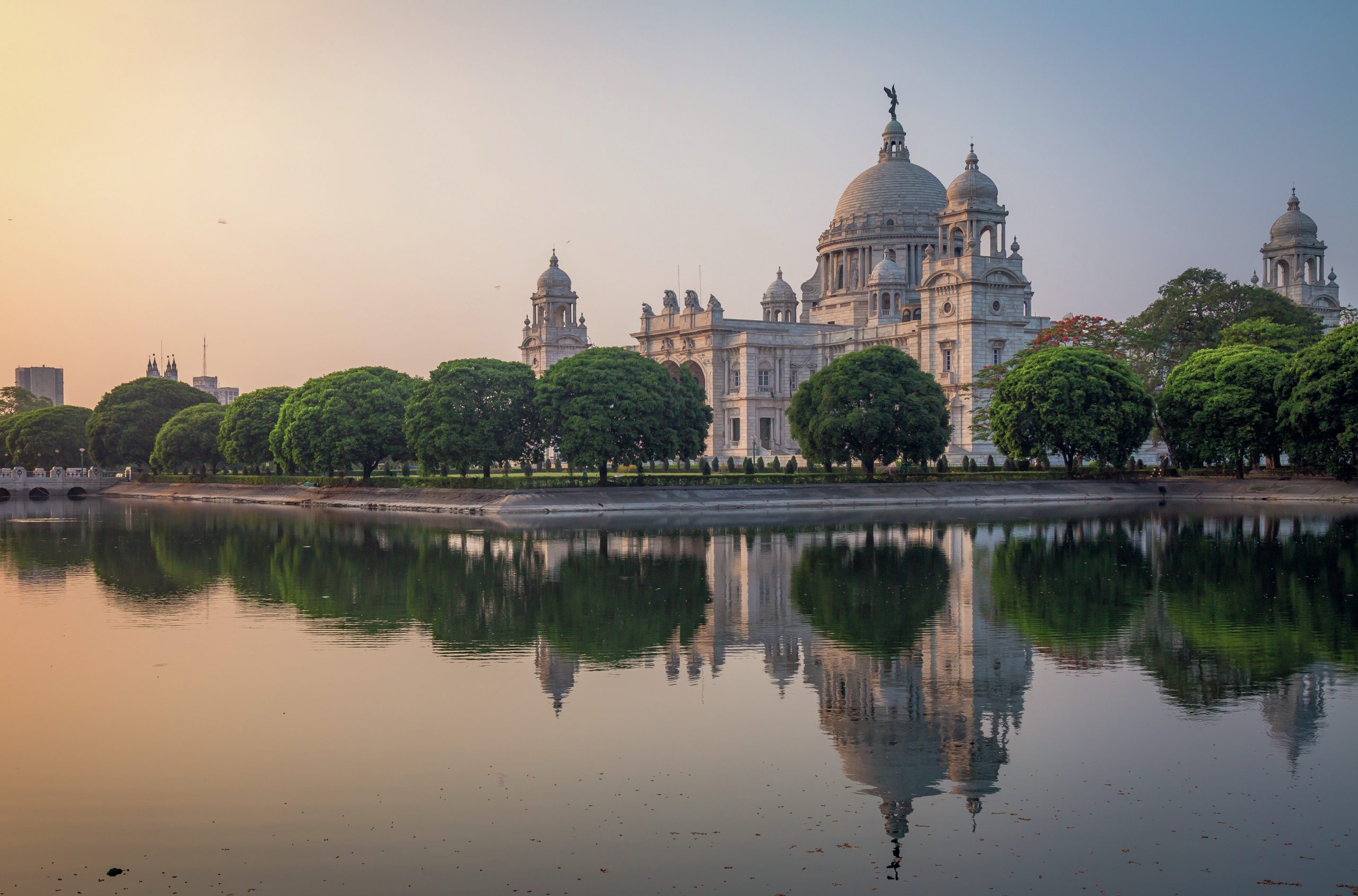
The ending of colonial empires was a long and sometimes bloody process. Although some colonies had either seized independence (the USA, Haiti) or been granted independence (Canada, Australia, New Zealand, South Africa) before the Second World War, the main thrust of decolonisation came after the end of that global conflict. The war certainly accelerated the process, either through the destabilising impact of outside powers (for example the Japanese in Asia) or because of the long-term economic problems it caused. European colonial powers simply lacked the resources to sustain global empires and when the decolonisation process started it quickly accelerated.
In 1946 the Philippines secured independence from the USA and the following year India and Pakistan became independent of Britain. In 1949 the Dutch finally realised they had little hope of reasserting control over the Dutch East Indies after the Japanese occupation, and Indonesia became independent.
Your organisation does not have access to this article.
Sign up today to give your students the edge they need to achieve their best grades with subject expertise
Subscribe




